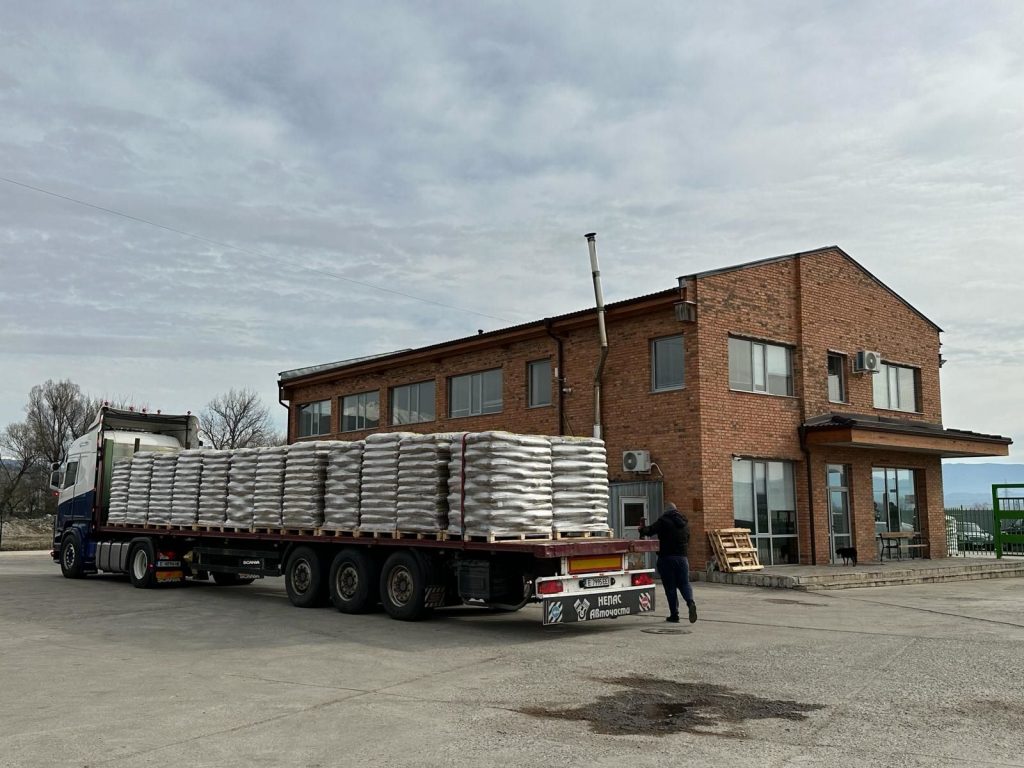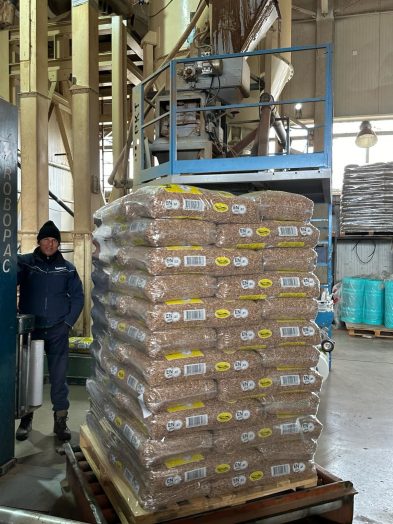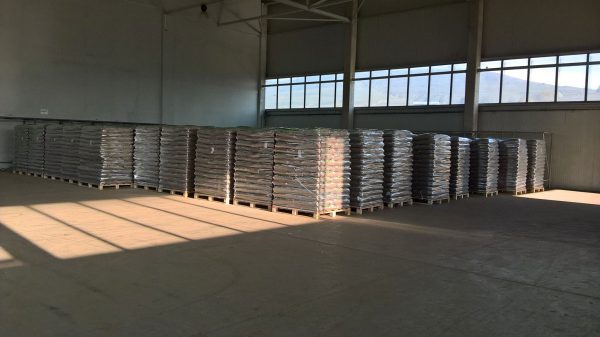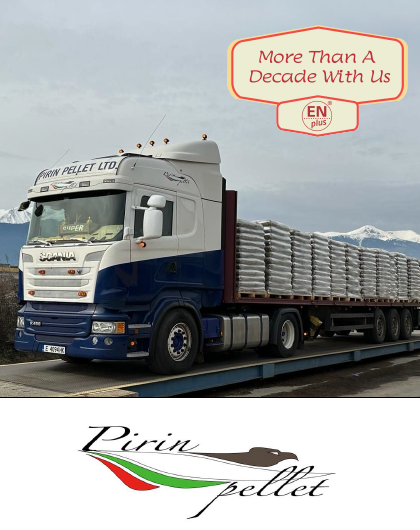More Than a Decade with Us: Pirin Pellet EOOD
Our latest initiative “More Than a Decade with Us” pays special attention to the companies that were among the first to apply for an ENplus® certificate and remained certified for more than a decade. Today, we will take you on a journey to Bulgaria to introduce you to the first Bulgarian certified producer – Pirin Pellet EOOD.
Pirin Pellet was founded by an Italian entrepreneur in the town of Razlog in the Blagoevgrad region of Bulgaria. The plant was built in 2004 and began producing wood pellets in 2005, initially with a production capacity of 5.000 tons per year.
The reason for building the plant in this specific place was the availability of raw material – mainly conifer and the presence of wood processing factories nearby. In 2010, the plant was enlarged to its current size with a production capacity of 40.000 tons per year.

To date, the Pirin Pellet’s team includes about 40 people but their economy ecosystem affects about 200 people. The plant’s machinery is Italian, produced by General Dies, Pezzolato, Buzzi and PKT.
The company has always paid attention to European production regulations. It has been ENplus® certified for over 10 years now and the wood pellets produced are of both ENplus A1 and ENplus A2 quality.
From its foundation until today, the factory has made use of a team of engineers, mechanics and laboratory technicians who constantly renew the plant, keeping it efficient and safe for production.
 The main market for Pirin Pellet is Bulgaria but their product is also well known in Greece and Southern Italy. When we asked their representative Mauro Piloni to tell us more about the Bulgarian market, he shared:
The main market for Pirin Pellet is Bulgaria but their product is also well known in Greece and Southern Italy. When we asked their representative Mauro Piloni to tell us more about the Bulgarian market, he shared:
“Being a pellet producer in Bulgaria is not easy for many reasons: the first reason, even if it seems trivial, is that of being Italian, and therefore we are used to organising and thinking about work in a way that then has to “deal with” the reality of Bulgarian culture.
The Bulgarian pellet market is currently expanding because the majority of people who were used to heating their homes with normal firewood are slowly switching to using pellets.
This is very positive, especially in mountain regions, though it must be said that Bulgarian culture at the moment is not interested in “quality standards”, so they make their choices only based on the price of the product.
The Bulgarian government has carried out incentive campaigns for the use of pellets for about 10 years in the most important cities of the country: people who wanted to get a new pellet stove/boiler could do so for free.
This type of initiative (even if it has a time limit and is not carried out throughout the territory) is very positive in making people understand the advantages of switching from using wood to pellets.
Unfortunately, as in many other European countries, the pellet price in Bulgaria was spoiled by the presence of pellets from Russia which pass through Turkey. Another big problem in the Bulgarian market is the cost of wood, which has risen significantly in recent years and is only now starting to fall, but very little.
To summarize: the Bulgarian Government does not have a specific strategy for the pellet market and does not have great interest in facilitating companies that produce pellets, and market competition consequently does not have protection on any level, no control over what enters or quality control.”

Still, Mauro remains optimistic. He and his team believe pellets are here to stay, especially in those regions of Europe and the world where firewood is used a lot.
“There are many other energy solutions for heating, above all electric and solar, (they will certainly take their place where they can) but every solution, even the best one, has limits and in any case the heat of the open flame is unparalleled.”, adds Mauro.
Pirin Pellet’s plan for the future is to modernise the plant, maintain the small economy ecosystem that they have created around this factory and thus continue to provide work to all the employees and their families.

